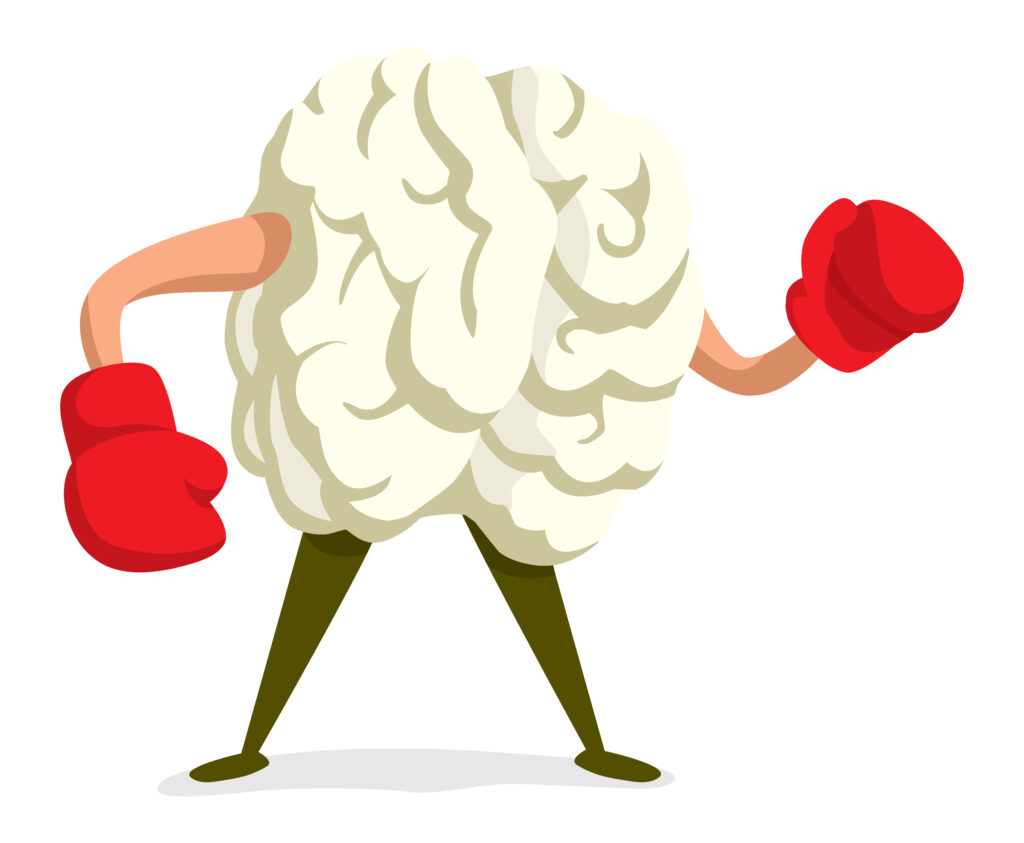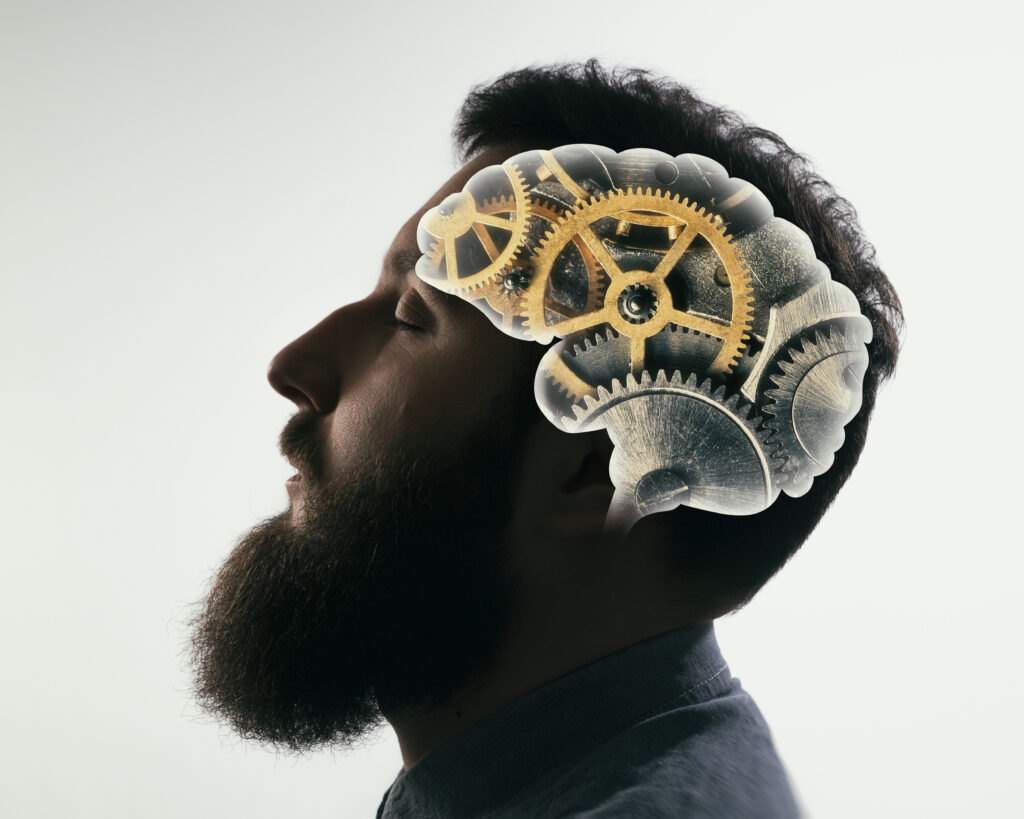
Diabetes
Diabetes is a disease where the body is unable to create or respond to the insulin it requires to break down glucose and create energy. This disease can affect the body physically, psychologically, emotionally, and otherwise.
In order to stay healthy and manage it properly, those living with either type of this disease have to work proactively alongside a team of experts to maintain both their mental and physical health. When traditional therapies fail to deliver results, ultimately many find success in alternative and other holistic therapies such as hypnosis.
How Hypnosis Can Help
Hypnosis has helped many people better manage the psychological and behavioral components involved with diabetes in ways that other forms of therapy have not. Hypnosis is unique to traditional therapy because it works specifically with the subconscious mind, which is where many of our habitual thoughts reside.
According to the American Diabetes Association, those who maintain regular self-care and stress management are more likely to make healthier food and exercise choices, which work to slow the progression of the disease. When given the support and tools necessary, those who are open to the benefits of hypnosis can overcome old habits and achieve improved stress management, social skills, weight control, and more!

Final Thoughts
Today hypnosis and other relative cognitive therapies help countless men and women better manage every day stressors and make healthier lifestyle choices. These treatments in adjunction to regular exercise, healthy eating patterns, and insulin management are the best methods for living a full and healthy life with diabetes.
The professionals at Mind Enhancement Center in Hurst, TX have years of experience working with clients to manage their diabetes and overcome bad habits, sadness, prolonged distress, and much more. Call us today at (817) 589-7407 for more information and to schedule your one on one consultation!



